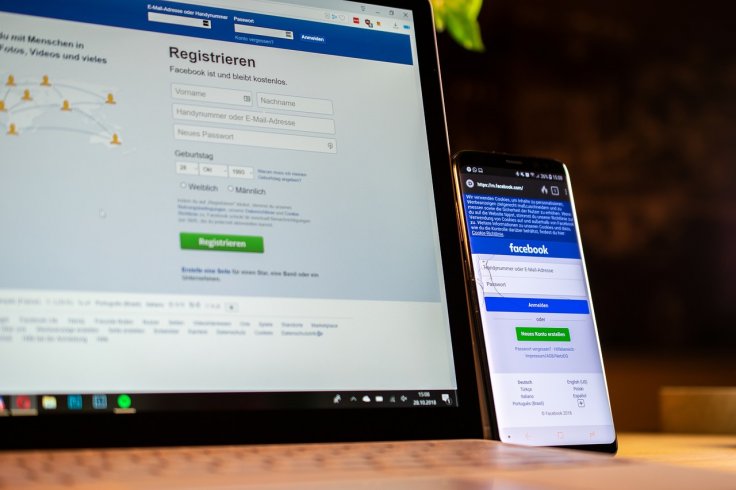Allum Bokhari, a journalist wrote a sensational book "#DELETED: Big Tech's Battle to Erase The Trump Movement and Steal The Election" filled with interview details which he had with insiders from big tech companies like Google and Facebook. Bokhari says what he heard from his sources was "terrifying."
The British journalist said whatever a user posts on social media is duly scanned by an Artificial Intelligence algorithm — sometimes before you even post it — and the scan determines whether the post will appear at the top of people's feeds or get buried.
During an interview, he said, "A lot of conservative content is way more popular than left-wing content. It does very well unless there's some artificial manipulation."

Politics and Companies
Bokhari appeared in Liz Callaway show during which they recapped a one-hour recording called Google Tape that includes the tech giant's top executives. He said, "You can go and watch the video... Sergey Brin [Google co-founder] said the decision of the American voters 'offended him,' he compared Trump voters to 'extremists'."
In the recording Brin was talking about Trump voters the same way "he might have talked about ISIS," said Bokhari. He also added, "I'm sure" many people inside many other companies were concerned after the election result, "but these people control the most powerful company in the world."
The scariest part, according to Bokhari, is that there is no law that can regulate such election interference by these people.
Facebook and Google
While talking about the tech giants Google and Facebook, he said that they became big shots of the tech world because many publications depend on these platforms for traffic generation.
Bokhari said whenever Mark Zuckerberg's company changes a rule, or "when there's a sense that they're going to downrank certain content in the algorithm if you say the wrong thing, publications are going to adjust their editorial standards and how they write their stories and what they write about in response to what Facebook, and to a large extent Google, is doing."
In terms of Facebook, its CEO Zuckerberg has editorial control over the online publications that are dependent on the social media platform. "That's a huge number of news publications around the world. I don't think anyone's [ever] had that much power over the global news economy," he added.

How Business Runs
If someone notices unsavory posts appearing on the top of their social media feeds, or an incitement to violence on the screen for days—that is no bug, it is actually a feature. According to an Australian digital security researcher, this is a subliminal mechanism designed to extract maximum revenue from a user's inbox.
Zac Rogers, a researcher for JBC Digital Technology, Security and Governance said the internet users are participating in a system "whereby attention markets are being assembled by an algorithm," which is fundamentally optimizing for "more rage, more extremism, more violence, and more hatred."
While denying the claims recently, Facebook Vice President of global affairs and communication Nick Clegg said that the social media giant "does not profit from hate." He said billions of people use the service—Facebook and Instagram—because they have a good experience. According to him, the users don't want to come across hateful content. "Our advertisers don't want to see it, and we don't want to see it" and added that there is no incentive for the company to do anything but "remove it." Recently many advertisers pulled out from Facebook during Black Lives Matter protests.
As per the experts who testified before the U.S. Congress, the algorithms, the heart of social media business models, have learned that anger keeps users stick to the site longer, and drives more interaction, as well as ads. Rogers told The New Zealand Herald, "An awareness is emerging that outrage, hatred, extremism, violence, all that stuff ... that's a feature of how the internet works."









